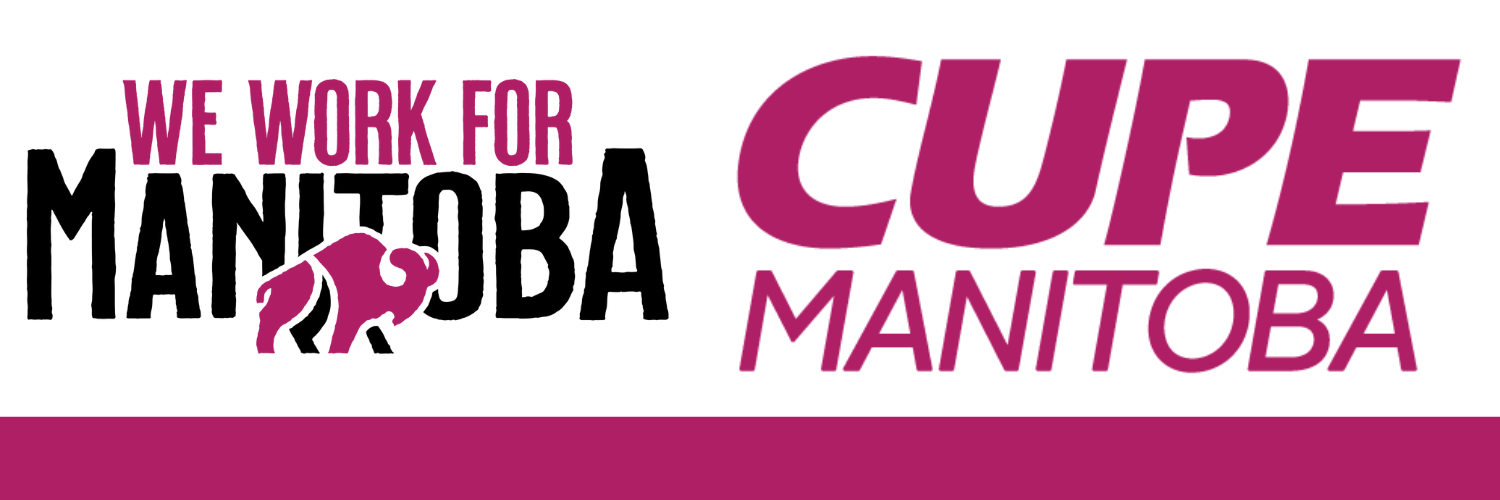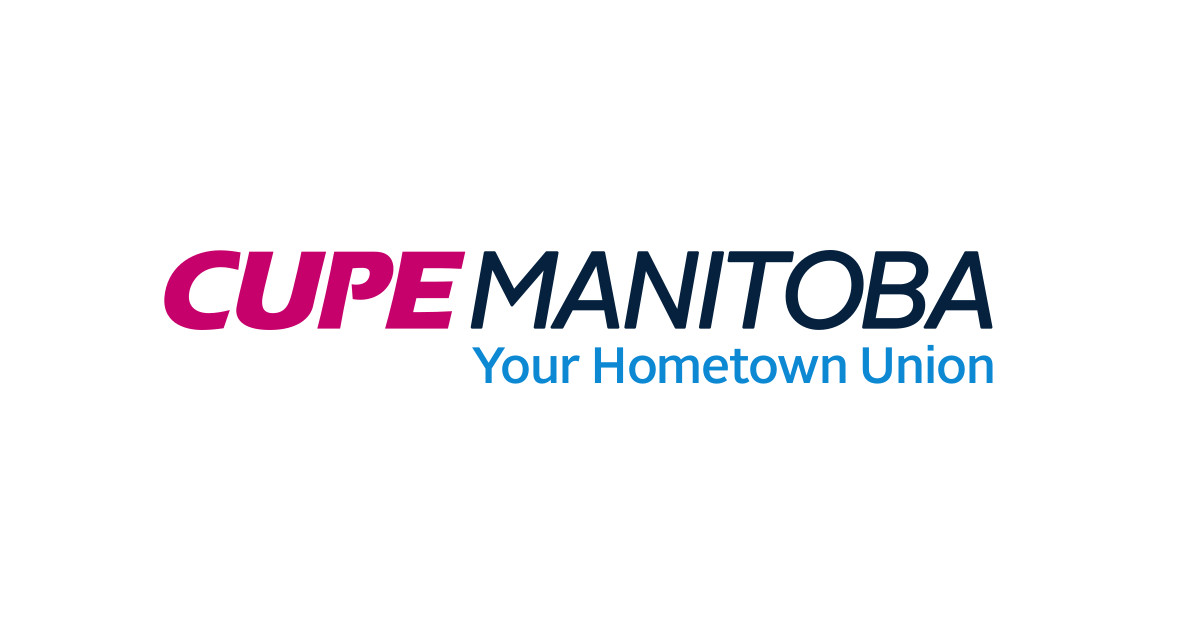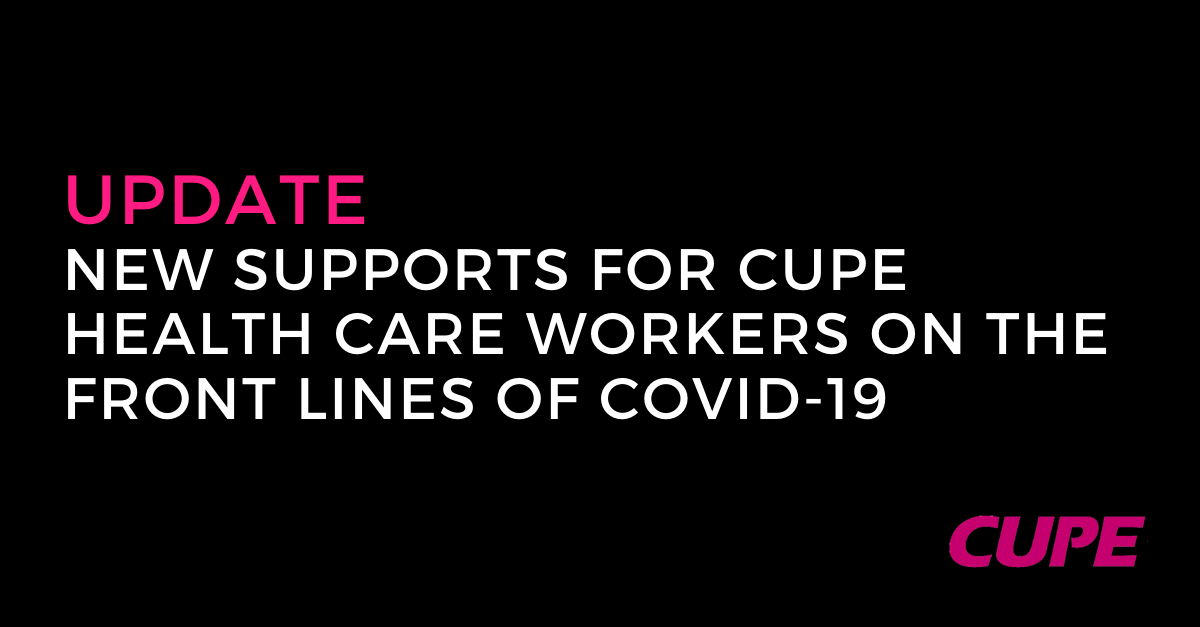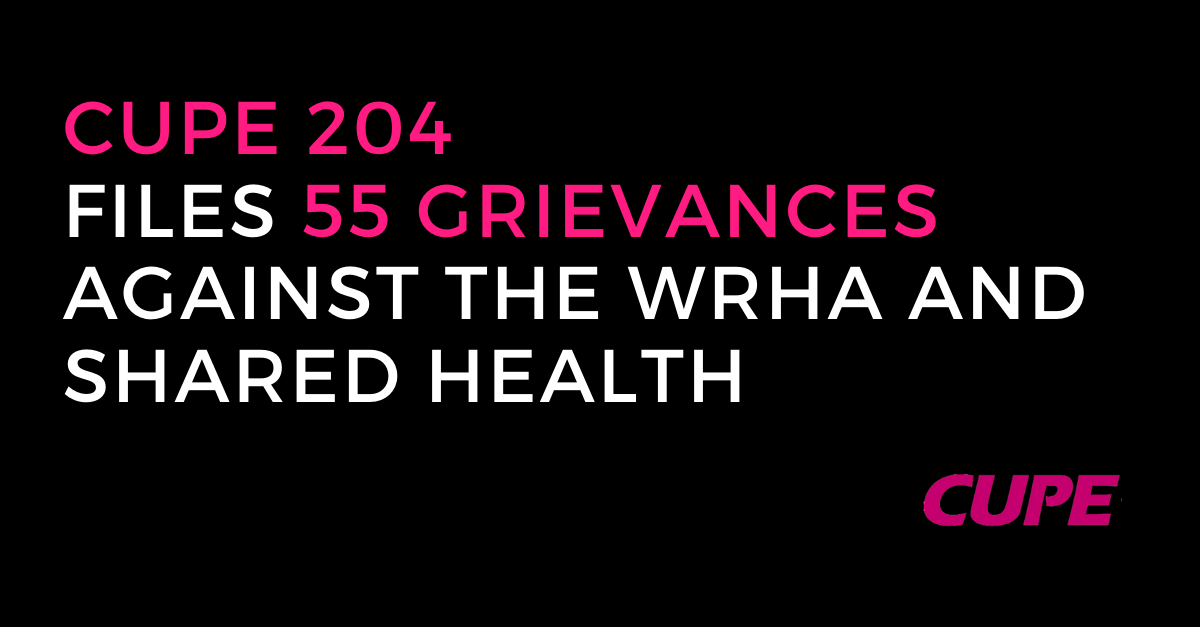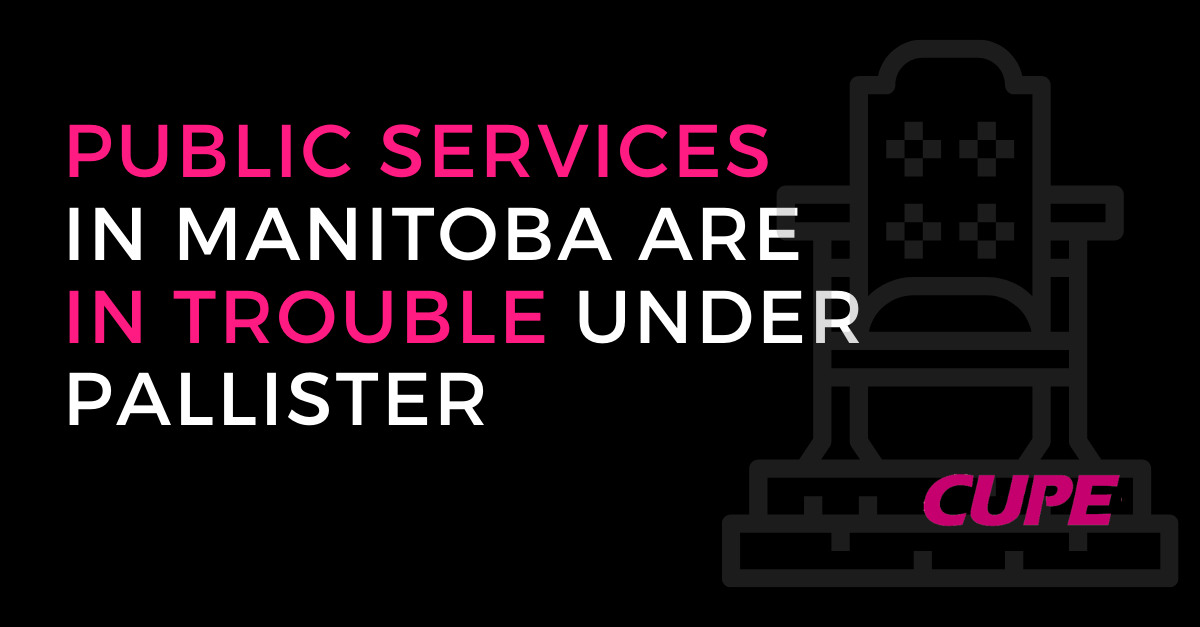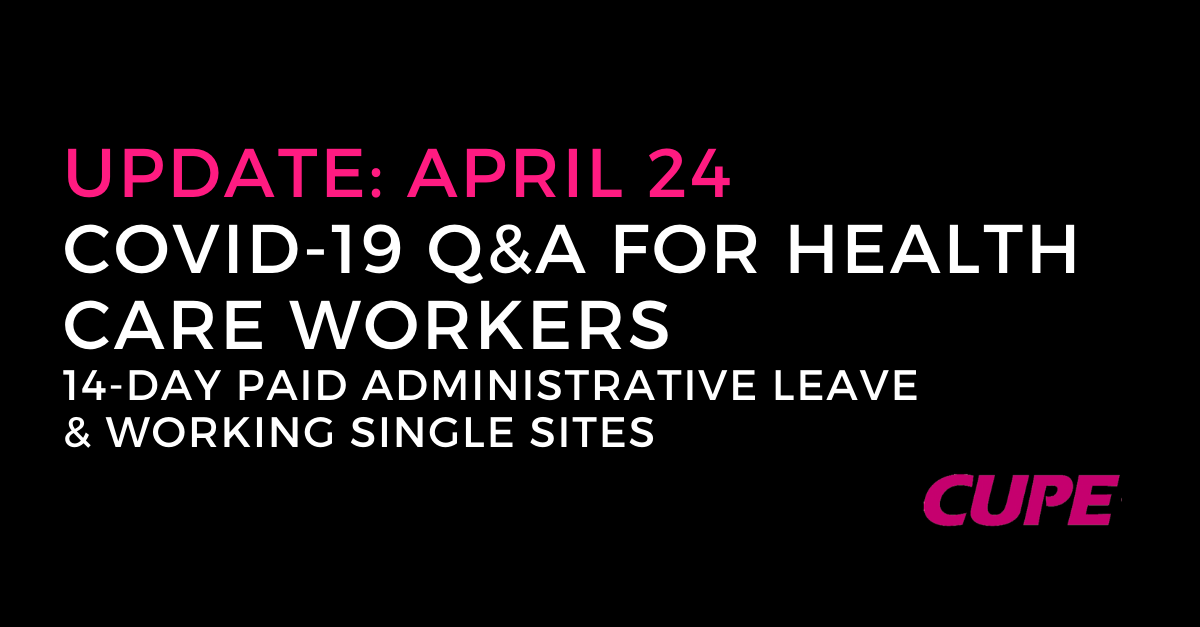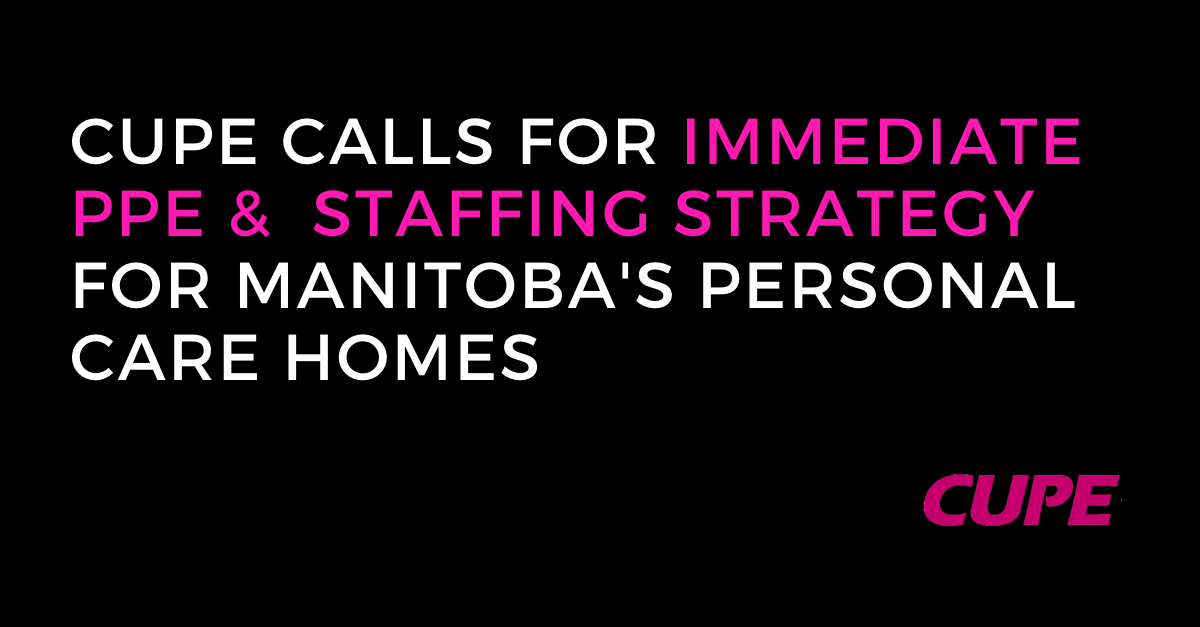If the government plans to do to education, what they did to health care, then Manitoba is in really big trouble, says CUPE Manitoba representing 36,000 workers in the province.
“The province’s ongoing health reforms led to worker fatigue and staff shortages before the pandemic started, and now those issues have become even worse,” says Abe Araya, President of CUPE Manitoba.
“The looming threat of education reform has already impacted morale among front-line workers and educators in the school system at a time when the focus should be entirely on supporting our kids.”
Any report on education reform that was written before the pandemic is now archaic and should be scrapped, according to CUPE.
“We now know the value of having distinct school boards in our diverse communities who can respond directly to the needs of families, as well as the critical importance of ensuring school support staff have the resources they need to help keep our kids safe and help deliver the best quality education possible. Now is not the time for education reform,” said Araya.
The elimination of the education property tax will further erode school divisions abilities to respond to the education needs of their communities.
Health care in distress
On the health care front, CUPE continues to call on the government to increase staffing levels in long term care homes and provide robust paid sick leave to health care support staff who self-isolate.
“CUPE has called on the government to address the now systemic issue of working short in health care prior to the pandemic, and now we are seeing the very serious impact this is having on staff and residents,” said Debbie Boissonneault, President of CUPE 204 representing 14,000 health care workers in the Winnipeg Regional Health Authority and Shared Health.
“The government plans capital upgrades in long-term care facilities, but why won’t the government meet with us to discuss staffing levels? Why won’t the government act now to ensure our support staff and residents get the care they deserve?”
While the federal government recently announced 10 paid sick days for Canadian workers who are impacted by the pandemic, it does not go nearly far enough to support front-line staff who have already used up their sick banks and vacation time for the 14-day self-isolation period.
Some workers have already self-isolated more than once, and the Provincial government should fill that gap.
“Health care workers, including home care, need to be assured that they won’t be financially penalized because they take self-isolation and the wellbeing of their residents seriously,” says Boissonneault.
“Health care workers have been on the front-line in the fight against COVID from the start, and they need to be able to continue fighting for the months and maybe years to come. Those limited sick days are critical in ensuring they can take the time away from health care settings if they get ill – COVID or otherwise.”
CUPE is also deeply concerned that the provincial government may be considering privatizing home care services for seniors.
“Home care must remain public,” said Boissonneault. “Private profit has no place in the delivery of health care services to our elders, and this government must not be allowed to privatize this critical service for Manitoba seniors.”
Child care “choice” concerning
CUPE is concerned that this government is going to move further in the direction of private-for-profit child care under the guise of “choice,” while letting the non-profit child care centres continue to struggle under the combined challenges of inadequate funding and COVID-related challenges.
Manitoba Hydro’s future uncertain
Pallister is chipping away at Manitoba Hydro, carving out Power Smart, privatizing Hydro’s money-making subsidiaries, and forcing staff into furloughs despite the continued need for a strong public energy utility, says CUPE.
“Pallister is leading Hydro down the path of privatization and CUPE is afraid he could use the pandemic as an excuse to sell off Hydro in whole or in part to pay down the debt,” says Araya. “This government has been making very strategic cuts to Hydro, and Manitobans should be very concerned with Pallister’s agenda for Hydro.”
Lastly, CUPE urges the provincial government to support the thousands of Manitoba workers who have been without a contract since the unconstitutional wage freeze legislation was introduced.
“If Pallister cared about working people, he would get to the bargaining table and negotiate a fair deal for the thousands of front-line workers who have been stepping up to the plate to protect Manitobans every single day.”
